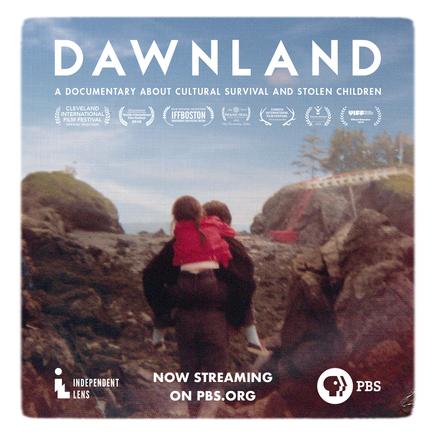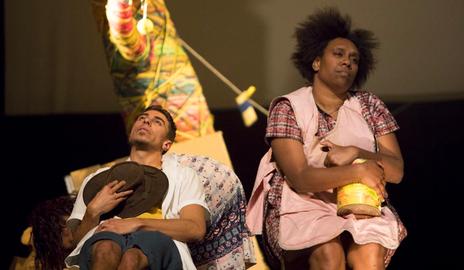
1 minute read
Theissue,today:Australia
Ongoing disadvantage:
ByEujinyCho
Advertisement
The Stolen Generation has had a severe impact on both its members and their descendants. Those individuals sent to missions and children’s homes - exposed to brutal conditions, severed from their culture and identity and denied a proper education or care - experience significant rates of incarceration, violence, substance abuse, and lower general health. However, for the approximate 1 in 3 Indigenous and Torres Strait Islander people who are descended from the Stolen Generation, psychological and mental impacts from the harrowing period still continue to trickle down in cycles of intergenerational trauma. The original trauma of the Stolen Generation - the lack of nurturing and high levels of abuse experienced, the aversion to and distrust of the government that formed, and the disconnection with culture and community - manifests and is inherited via abuseful and neglectful parenting practices, violence, and harmful substance use, creating and reinforcing a vicious cycle of stress and trauma Today, descendants of the Stolen Generation are 50% more likely to be arrested and 15% more likely to have substance abuse than their non-Indigenous counterparts. Without adequate recognition of these ongoing issues or support of affected communities, this cycle will only go on being exacerbated and intensified.
Education:
As with government action, education on the Stolen Generation is on the whole also insufficient and tokenistic. Primary school is dominated by glorified colonial narratives, with the ‘great journeys of exploration’ mandated in the national curriculum focusing heavily on Australia’s early settlement history, European exploration and problematic figures such as Captain Cook. Indigenous history, culture and trauma is almost completely obscured. However, whilst senior curriculums include aspects of the Stolen Generation, they have been criticised as too tokenistic and brief, leaving teachers with insufficient knowledge. According to a study by The Conversation Australia, many teachers treat the curriculum as something of a ‘tick-box’ - something to ‘[skim] the surface’ of - as ‘they don’t wish to offend’ Indigenous communities. In turn, Indigenous students expressed disappointment in the stark ignorance of their teachers; with some even describing how content taught in the classroom is ‘[copied] from the Internet’ and ultimately ‘racist.’ Thus a cycle is created where teachers who are denied a sufficient education of their country’s history transfer this lack of knowledge to future generations.




